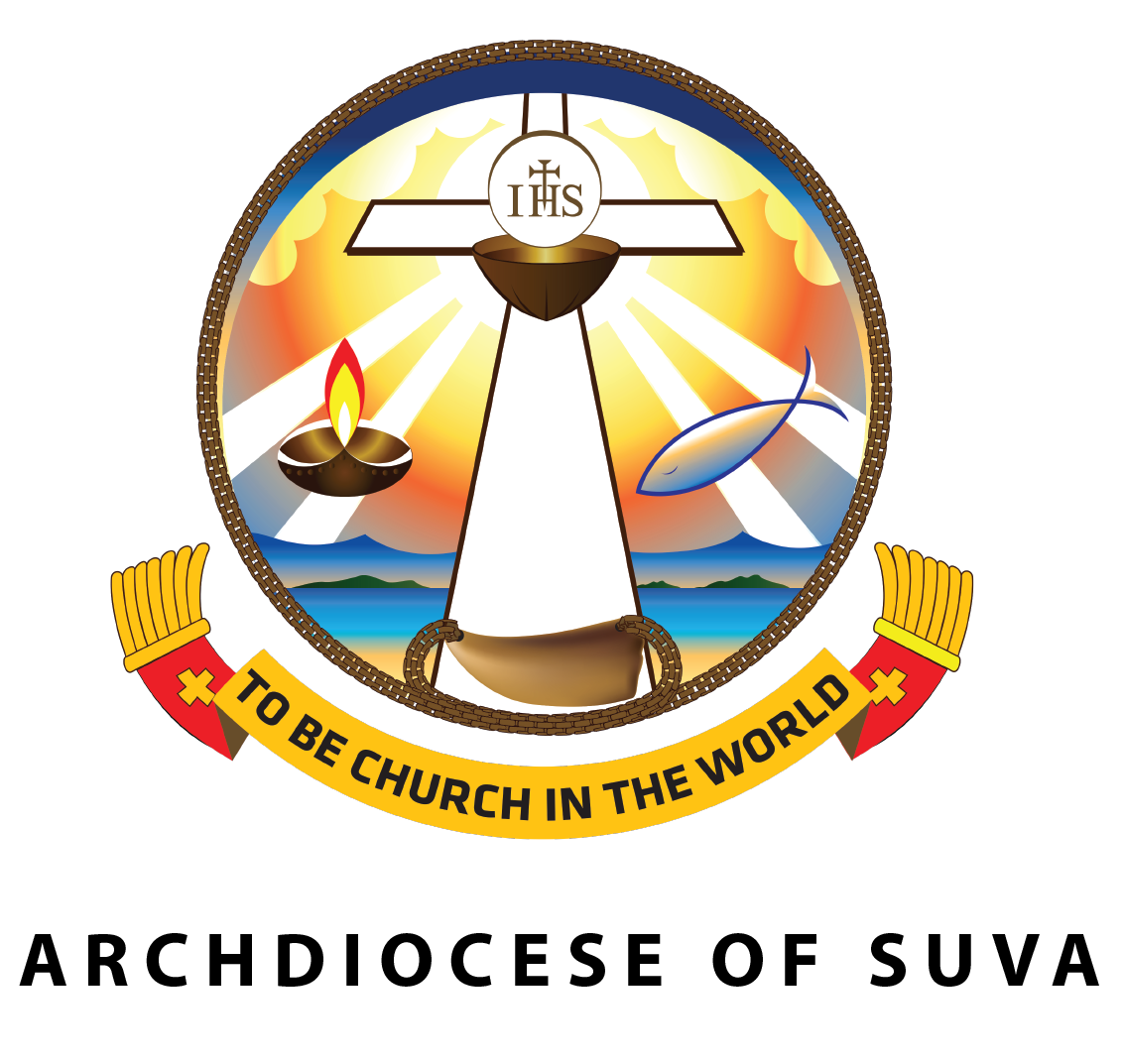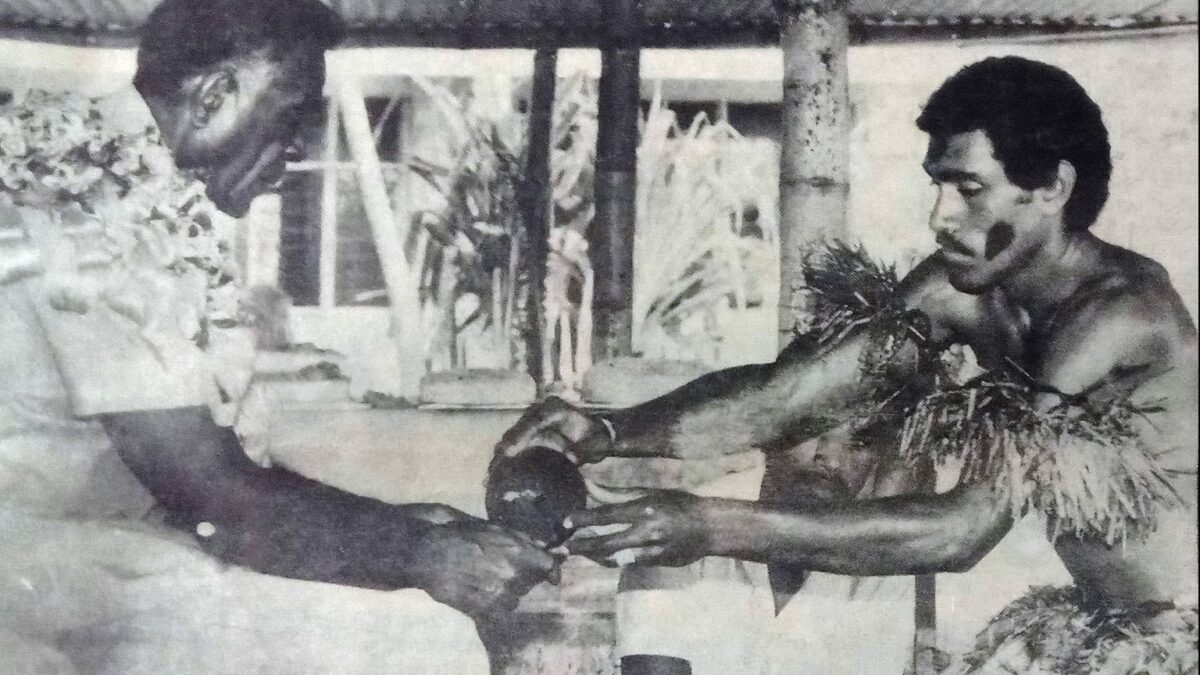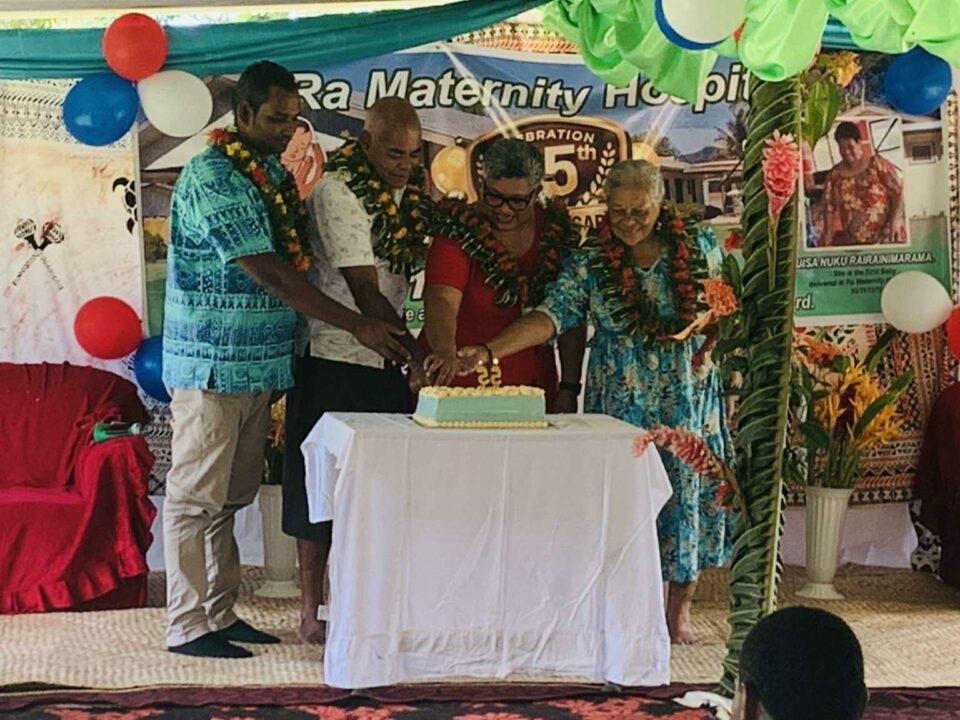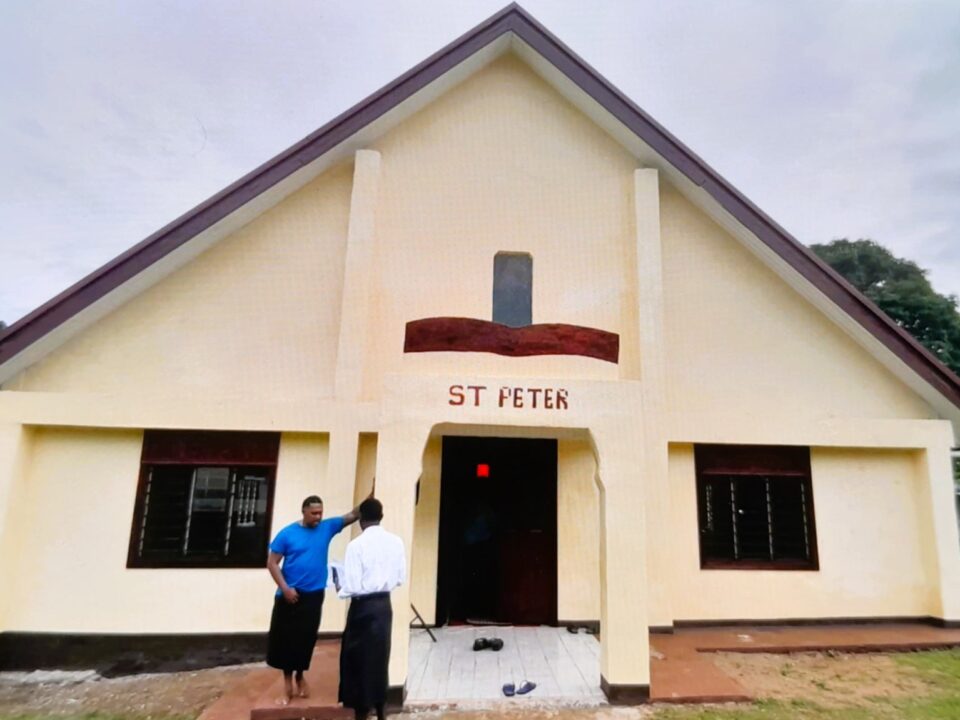Fiji Independence through the Fijian Story
The postcolonial literary theory represents a way of writing that comes from Third World nations as they tell their stories from their perspectives. Before this realization European
explorers and colonists wrote about the new peoples they discovered. In this literature, the colonizers took center stage and described the new peoples from their worldview and
culture. For example, European writers described the Indigenous Fijians as heathens, uncivilized, and cannibals. The colonizers were the subjects while indigenous peoples were
the objects of their writings. The indigenous people had no voice and space to tell their stories to the world because they did not have the skills and knowledge of writing. They were represented by European and colonial writers. Because of this one-sided view, the whole truth of the story of a people had often not been told. Thus, indigenous people and victims of colonialism need to rewrite their story from their perspectives to reveal the whole truth. It is this awareness that recognized the birth of the postcolonial theory of writing.
The postcolonial theory serves two purposes: First, it exposes the misinterpretation of the European colonists of the native peoples, and second, it gives Indigenous peoples a
genuine representation and an authentic voice of who they are.
Colonialism has left its mark in Fijian history. The colonists have told the Fijian story through colonial lenses. Furthermore, they have divided the itaukeis into yasanas and caused
a deep racial divide between itaukeis and Indo-Fijians. Today a new form of colonialism is causing further division in Fijian villages, namely mining companies. The Fiji Parliament has passed the motion to establish a Truth and Reconciliation Commission to heal the historical division in Fiji. Telling the true story is necessary for reconciliation processes.
The renowned theologian, Helmut Richard Niebuhr stated: … Where common memory is lacking, where men (sic) do not share in the same past there can be no real community, and where the community is to be formed common memory must be created …. The measure of our distance from each other in our nations and our groups can be taken by noting the divergence, the separateness, and the lack of sympathy in our social memories. Conversely, the measure of our unity is the extent of our common memory.
Along the same veins, African theologian Charles villa-Vicencio wrote, “It takes time for true stories to be told. Stories that reveal the sacredness of life, that point to events that
have hurt and healed, give life and death, are not easy stories to tell. Reconciliation cannot be forced. Story-telling and re-writing the story can transcend the isolation and division of the
past and bring about reconciliation. I hope that the 54th Fiji Independence Day Anniversary will inspire us to re-write, re-interpret the Fijian story according to the Fijian peoples’ perspective. Storytelling and truth-telling are necessary for reconciliation. As a nation we have to write our common story if we are live in peace. We need a common memory to help us stand together as one united nation. May this Fiji Independence inspire us to find our common Fijian story.



